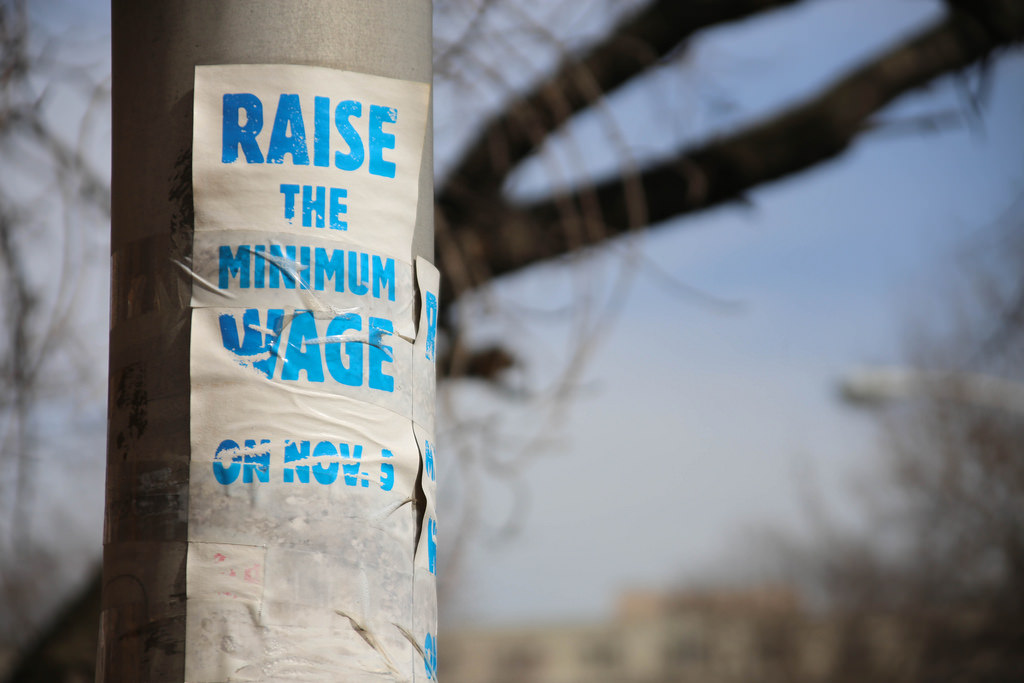
Changes In Minimum Wage – Czech Republic 2016
Minimum wage – good or bad? What is the minimum wage in the Czech Republic and how it compares to other EU countries.
According to Tradingeconomics.com, minimum wages in Czech Republic increased to 366.30 EUR/Month in June from 337.58 EUR in the last month of 2015. The minimum wage refers to a gross amount, that is before deduction of taxes and social security contributions, which vary from one country to another (See Income Tax and Tax Deductions in the Czech Republic). Minimum wage also excludes regulated paid days off, public holidays, sick pay, annual leave and social insurance contributions paid by the employer.
Minimum Wages in Czech Republic averaged 254.13 EUR/Month from 1999 until today, reaching an all time high 366.30 EUR/Month this June (2016) and a record drop 92.35 EUR/Month in June 1999.
Latest Proposed Changes In Minimum Wage In Czech Republic In 2016
Changes in Minimum WagePosted by Jobspin.cz on Monday, June 6, 2016
Pros & Cons of Minimum Wage
American EBS Consulting summarizes a few pros and cons of boosting minimum wage.
The Pros
- Boost the Economy – By raising the minimum wage, workers that previously were barely making ends meet are able to spend more money on goods and services that they previously couldn’t afford at all. Which means more money going around in economy for everyone.
- Overall employment can increase – If those workers are now spending more, then businesses are going to be busier, and will need to hire more workers as a result.
- Less People on Welfare – Low-income individuals often rely on welfare programs to fill in the gaps in their budget. Hence, by increasing their wages, there will theoretically be less people relying on these programs.
- Less Employee Turnover – People that get paid enough to live off of are happier and more satisfied with their jobs, and will be more likely to stay with an employer for longer. However, the employers will have to spend more money on social and health contributions for their employees which are derived directly from minimum wage amount. Therefore, some money will go back to government having no effect on workers’ wage or living standards.
- Inflation – Every year, the cost of living increases, but the minimum wage has been raised fewer times. So it’s past time for it to happen. However, inflation kept in certain levels has also positive impacts at economy.
The Cons
- Unemployment of the less skillful – If an employer has a tight budget, they won’t be able to afford raises across the board for all of their employees. As a result, they will have to dismiss less needed people to stay within their budget.
- Increased Prices – Another tactic employers may be forced to use is a price increase to attempt to afford to pay their workers. If this happens, then the goods and services that low-wage workers could afford wouldn’t be much different than they were before the increase. The situation before minimum wage change will equal the state before.
- Less Hiring – If businesses are forced to pay employees more per hour, then they can’t afford to hire as many new employees either.
- Outsourcing and black work – Another option is to outsource more jobs out of the country where workers will work for way less than minimum wage or will prefer so called “black work”.
Evolution of minimum wage across Europe 1999 – 2015
Data from Eurostat, last updated: Jul 27, 2015
Sources:
Eurostat figures
EBS Consulting (2016): RAISING THE MINIMUM WAGE – GOOD OR BAD?, at: http://ebs-consulting.com/raising-the-minimum-wage-good-or-bad/
Tradingeconomics.com at: http://www.tradingeconomics.com/czech-republic/minimum-wages
Wikipedia definition
Image: Flickr.com



